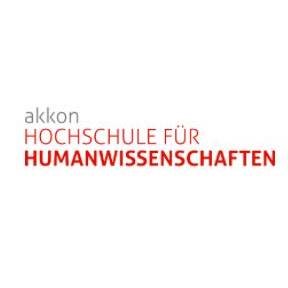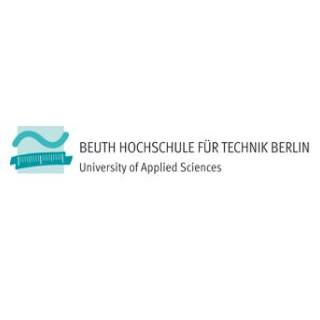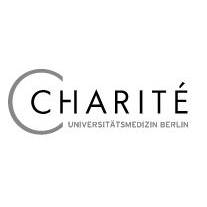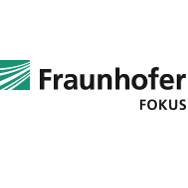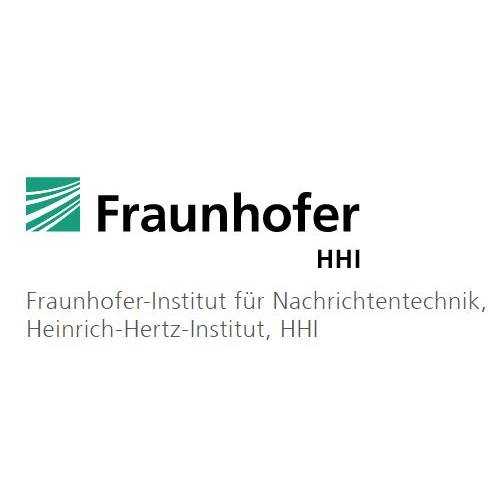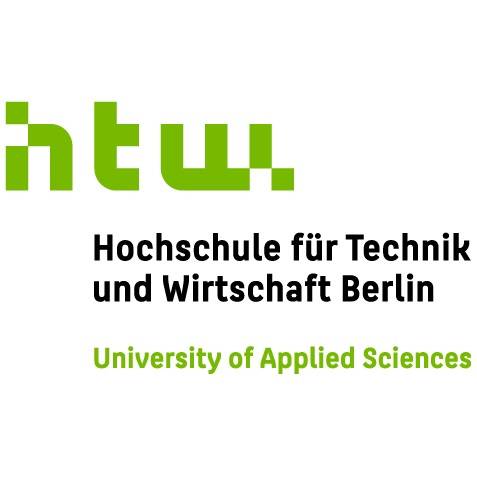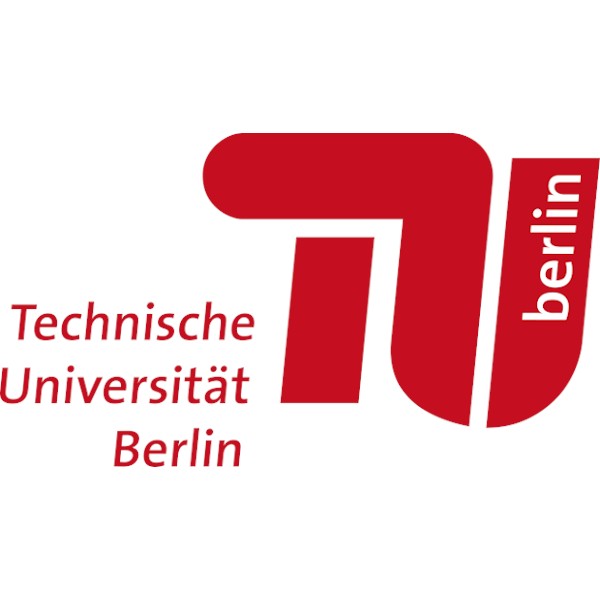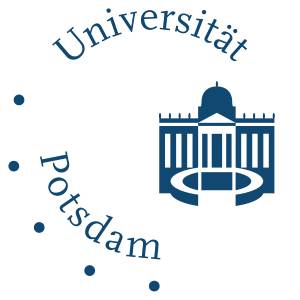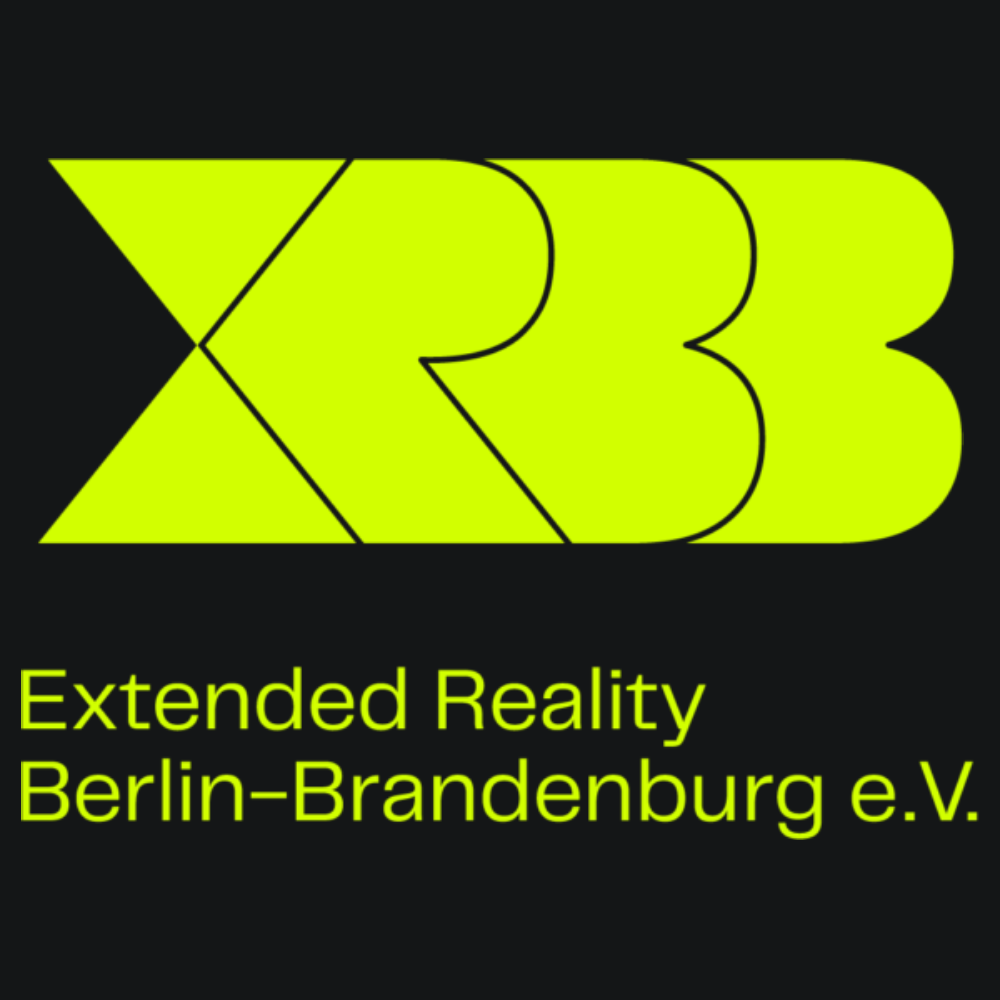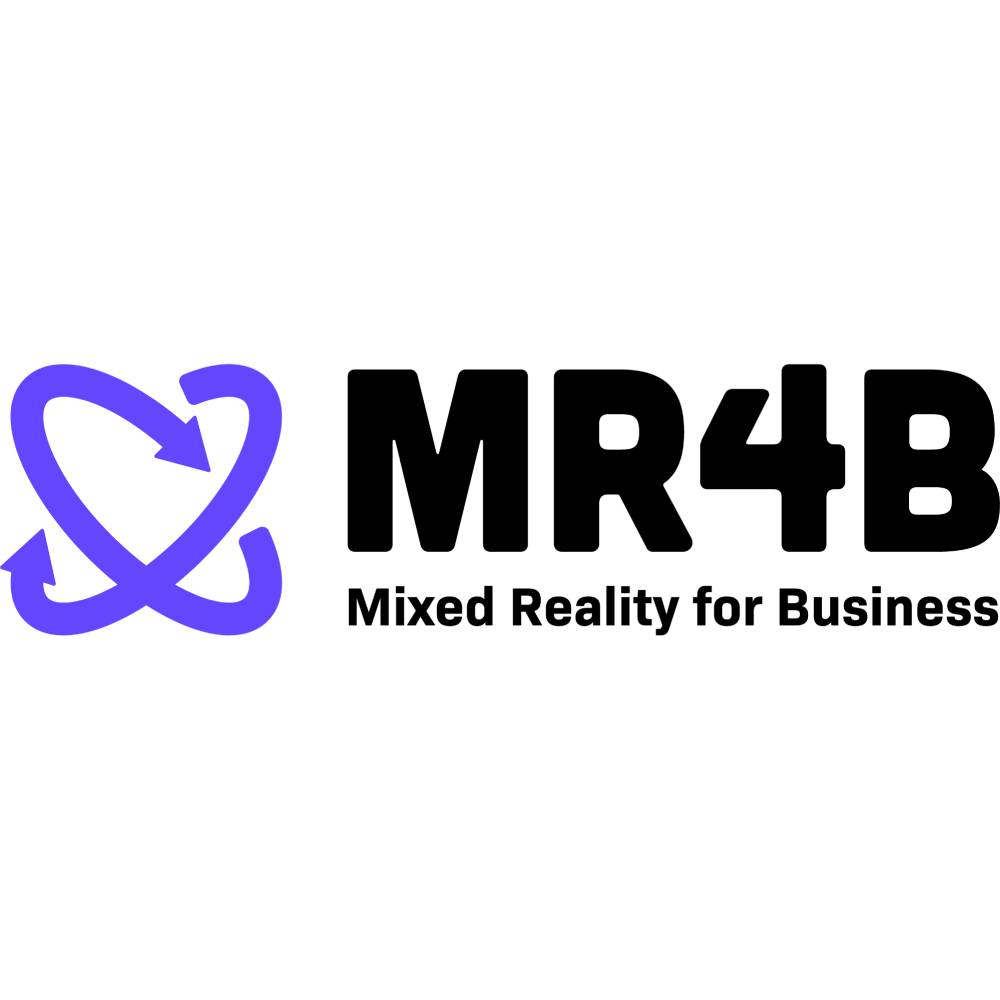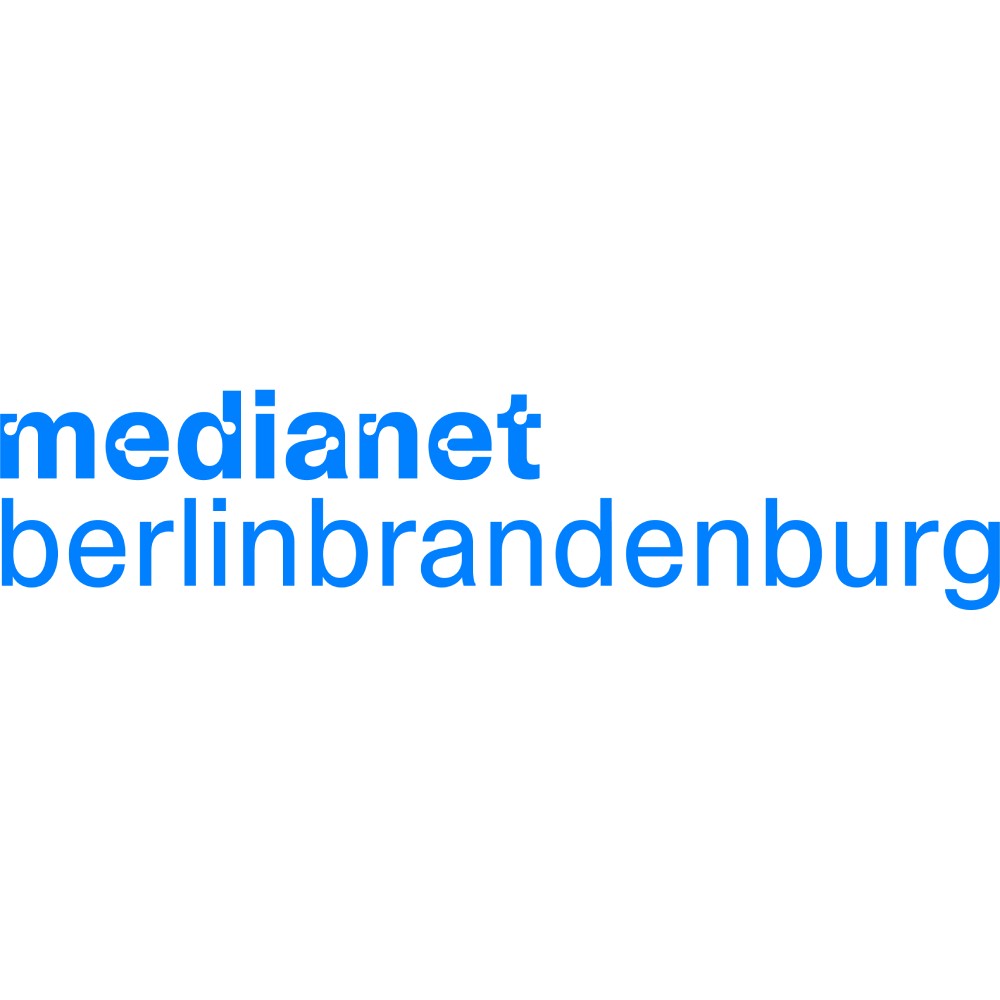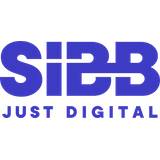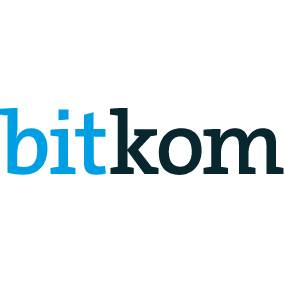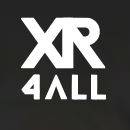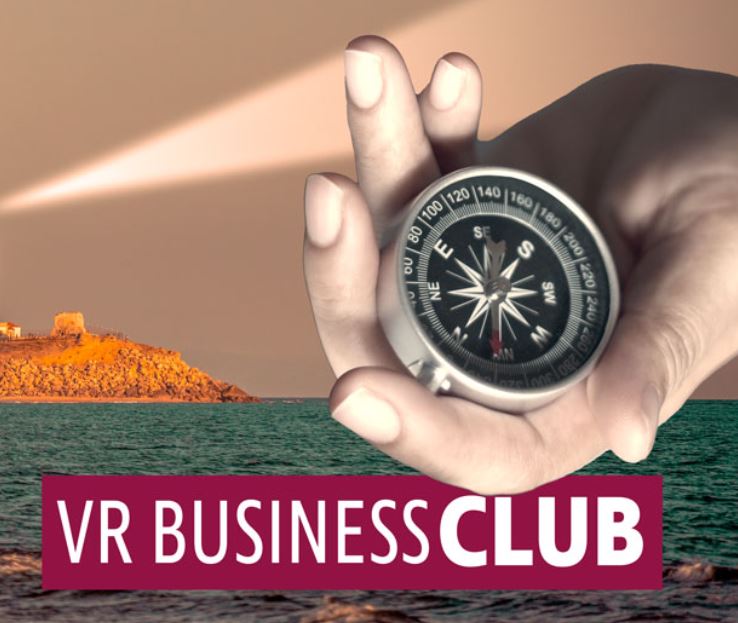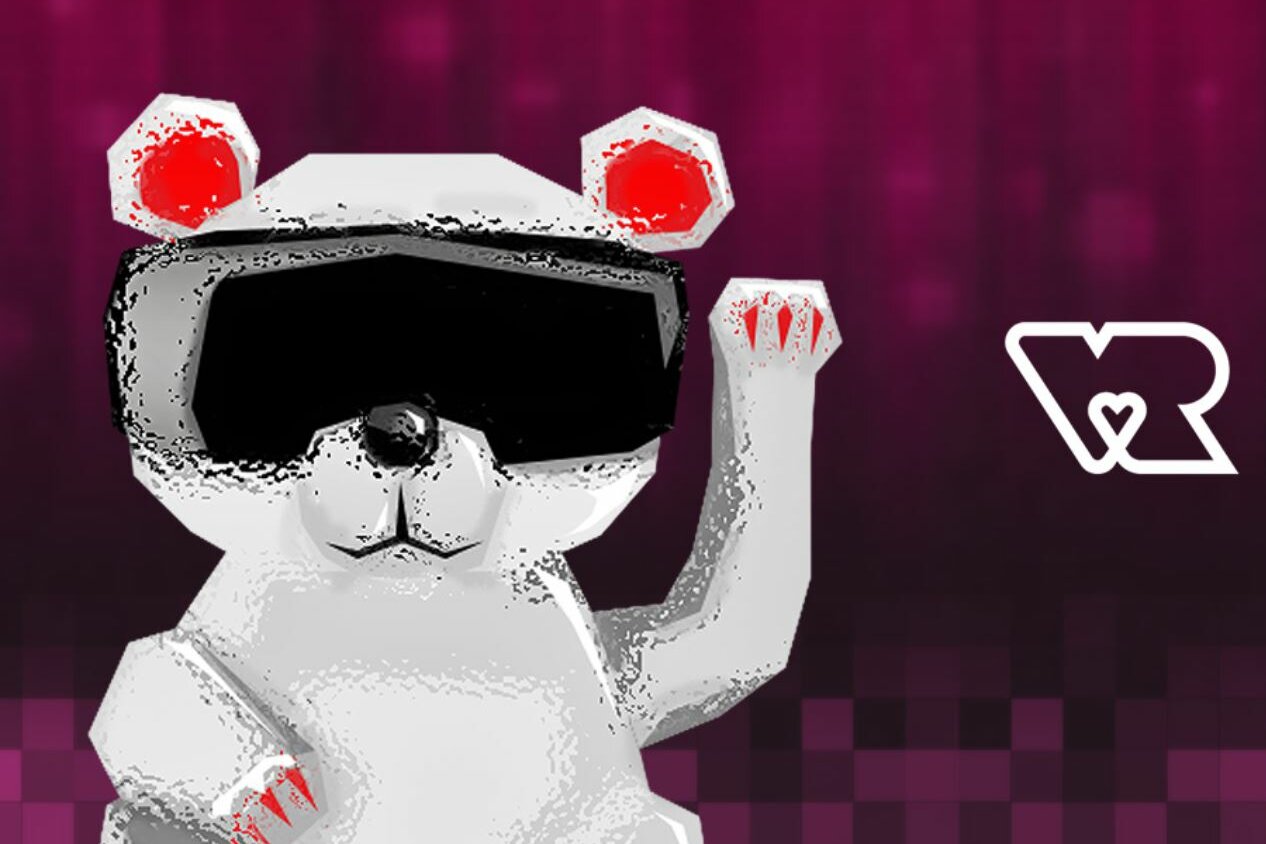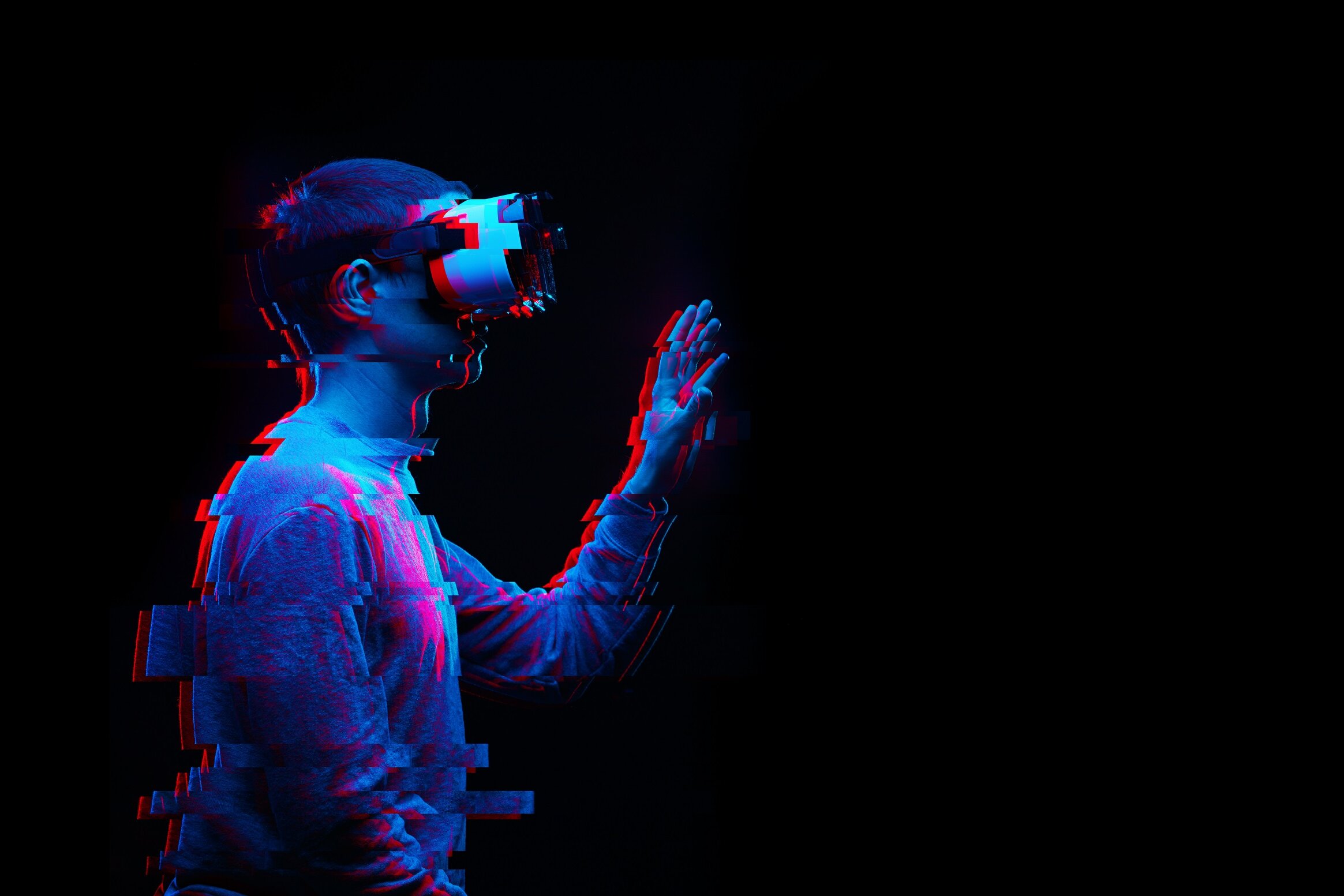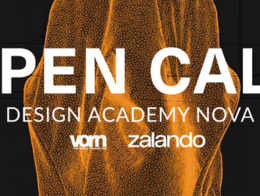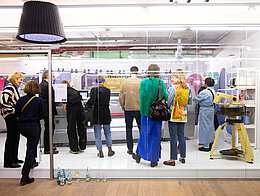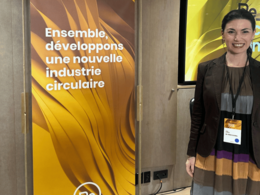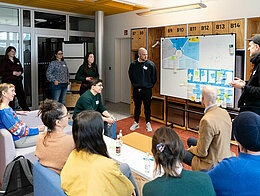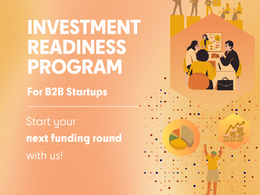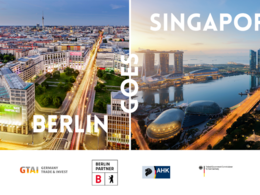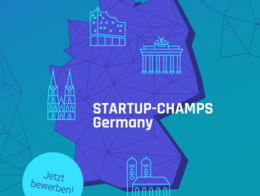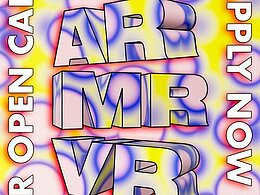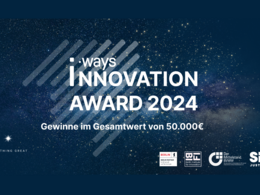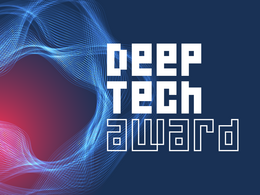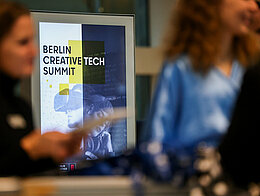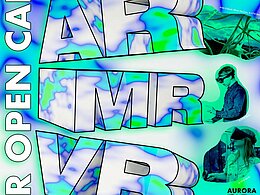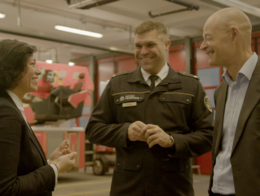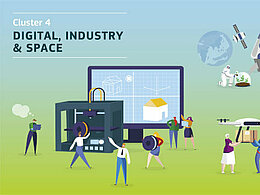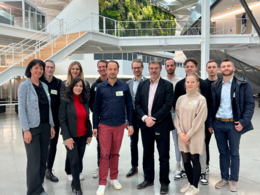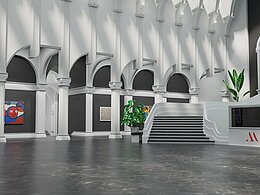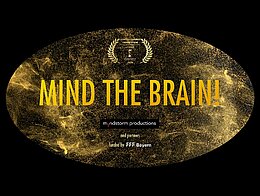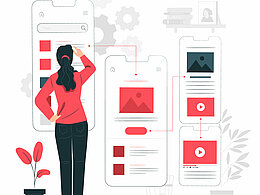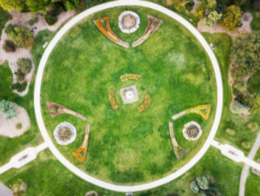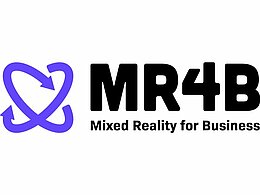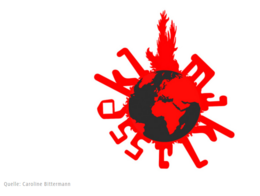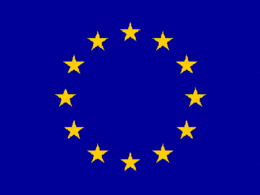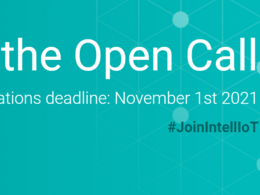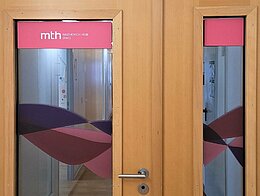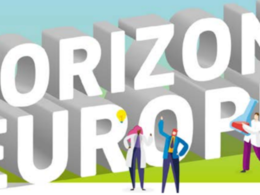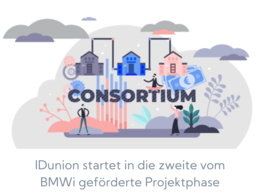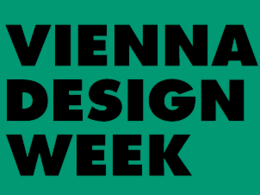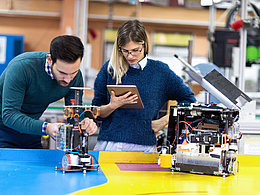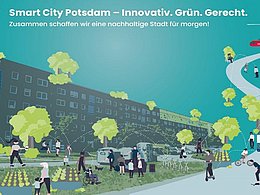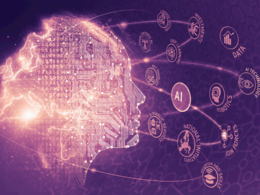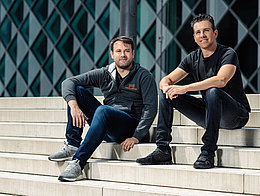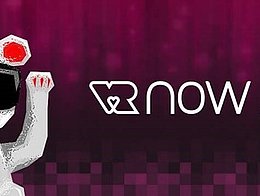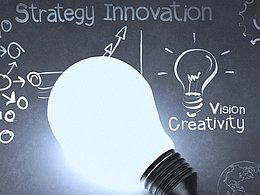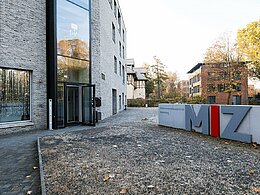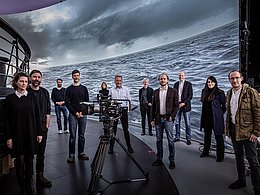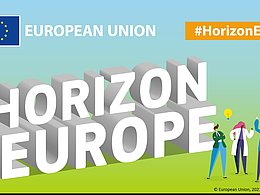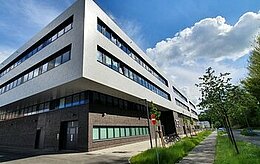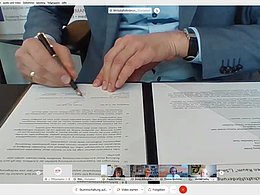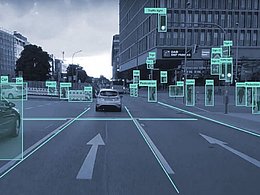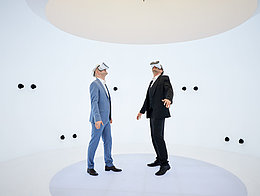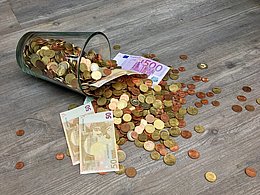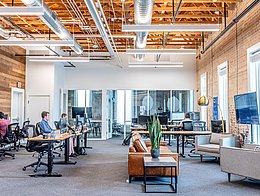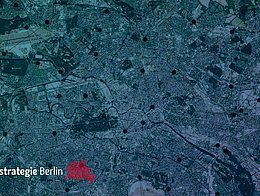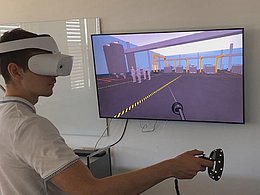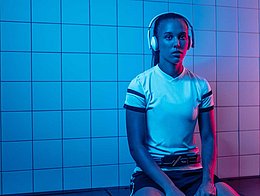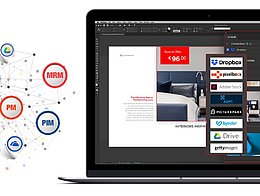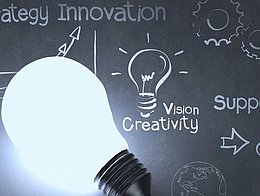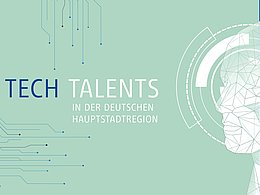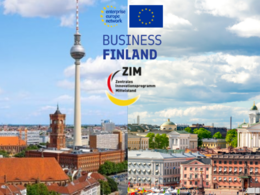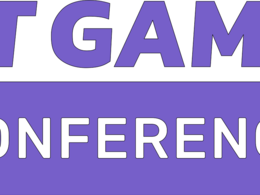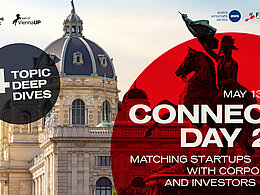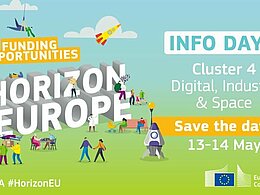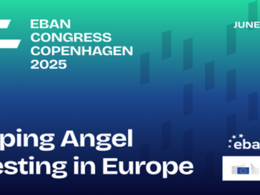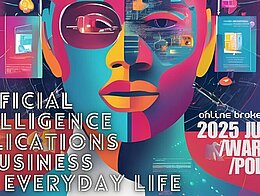Realities of the future
Our perception of the environment is already heavily influenced by computer-aided extensions. Although the hype has subsided somewhat among the general public, interactive immersive technologies are still attracting strong interest. The rapid development of hardware and software in particular also contributes to this. The potential of VR/AR/XR is far from being exhausted for both B2B and B2C applications.
When reality and digital worlds merge
Concepts or technologies of Augmented, Virtual and Mixed Reality that relate to real and virtual combined environments are brought together under the overall term “Extended Reality” (XR).
By means of various end devices, such as VR glasses, smartphones, tablets, smart glasses, etc., users immerse themselves in expanded and newly created realities. The aim of XR is to create a location-independent experience of interaction and immersion in which an expanded or a different reality of human perception is suggested. Simulations and visualisations provide access to places, behaviours and experiences that were previously impossible or difficult or too dangerous. The advantages of XR are convincing:
- Intuitive operation
- Fast delivery of content
- Breaking down complexity with transparency
- Making expert knowledge accessible
- Practice of technical and social exceptional situations
- Experience simulation of complex situations and projects
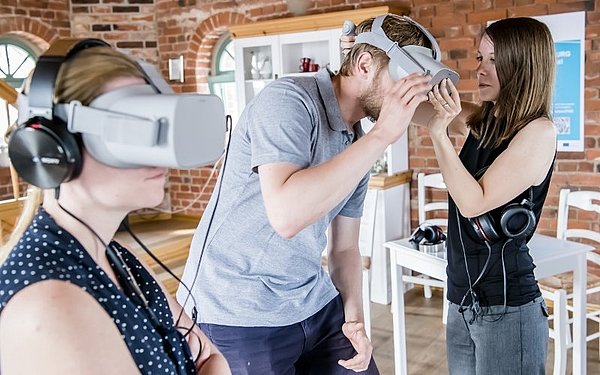
XR - Growth market for human-technology interaction
XR currently enables efficient, sustainable solutions and innovative application scenarios. As an emergent technology, XR is undergoing constant further development, especially against the background of the development of impressive and rapid software and hardware optimisation and the introduction of smaller and more convenient devices.
XR applications are currently experiencing a new dynamic by means of the integration of technologies such as Artificial Intelligence, the Internet of Things (IoT) and, in particular, 5G infrastructures for optimised real-time solutions. There will also be exciting developments within the industry. Among other things, standardisation, interoperability, data security, the integration of sensor data and the development of new platforms will shape the next few years of the XR industry.
Technology thought outside the box
Usually, XR is strongly associated with the games sector. In fact, a highly developed area of application is also in the medical & pharmaceutical industry. 3D simulations are of great added value in the planning of operations, the training of medical specialists, for rehabilitation and are used in therapy. A disruption caused by XR technologies can also be seen more and more in the field of human-technology interaction.
There are already innovative, convincing XR solutions in the following fields of application, which are enjoying increasing acceptance:
- Industry 4.0: Logistics, system planning, robotics and smart assistance systems for (remote) maintenance
- Organisational development: Virtual conference & collaboration systems, training and further education both manual and soft skills such as with the help of diversity & inclusion training
- Creative industry: Films, concerts, art, prototyping / design processes, journalism
- Trade: Sales, marketing
As a cross-sectional industry, the XR landscape includes a large number of diverse companies, freelancers, startups and research institutions.
As a media location, the capital region has grown historically in its narrative competence and content production. At the same time, thanks to the strong tech start-up scene together with an excellent network of research institutions, it can demonstrate outstanding expertise in the field of software development.
Research and development on XR is promoted by renowned institutes (Fraunhofer and Max Planck), through practical universities (HTW and Beuth Hochschule) and universities (Technische Universität, Freie Universität and Charité Berlin) and in particular in cooperation with large companies and SMEs.
Spin-offs from science are also constantly driving the transfer into business. Other drivers of this exchange include the Virtual Reality Verein Berlin-Brandenburg e.V. (VRBB), the corporate alliance MR4B (Mixed Reality for Business) or the Virtual Reality Business Club.
The dynamism of the XR scene is characterised, among other things, in the large number of VR/AR meetups in Berlin, such as the VR BLN Meetup or the AWE Nite. But also annual events, such as the VR NOW Awards or the EFM VR NOW Summit as part of the Berlinale, ensure a lively professional exchange.
Apart from these recurring network events, many other activities are held, such as the Digital Dip XR series by Berlin Partner and Virtual Reality Berlin Brandenburg e.V. (VRBB), the Best Practice Talks of the VR Business Club or more and more industry-specific activities in the user areas.
You are spoiled for choice - there is everything you need when it comes to networking!
The topics for research and development projects in the XR innovation field are as numerous as they are diverse!
The Gaming sector and the narrative competence of the capital region have already grown significantly historically. The dynamics of current projects and consortia unfold particularly strongly in the areas of qualification and knowledge transfer – for medicine, industry and in the public sector. However, tourism and the creative industries with Berlin’s museums, concert halls, galleries, clubs and artists are also at the forefront when it comes to creating the interplay between virtual and real living spaces.
Focus: Human-technology interactions
It is exciting to follow, for example, consortia such as the Mixed Reality for Business (MR4B) alliance with around 60 regional partners on the subject of mixed reality and Artificial Intelligence, which supports industrial, small and medium-sized companies as a competence network for research and implementation. Also to be mentioned are the projects of the Berlin Konzerthaus together with the University of Technology and Economics (HTW), which allow classical music to be experienced in a whole new way in VR. Last but not least, the Human VR Lab at the Beuth University deserves special mention, which acts as a test area for research and business.
The combination of humanities and technology-focused research institutions, tech developers, creative people and industrial and public users results in an exciting pool of possible consortium partners in Berlin-Brandenburg.
We are happy to support you with project and consortia initiations, partner networking and provide long-term support.
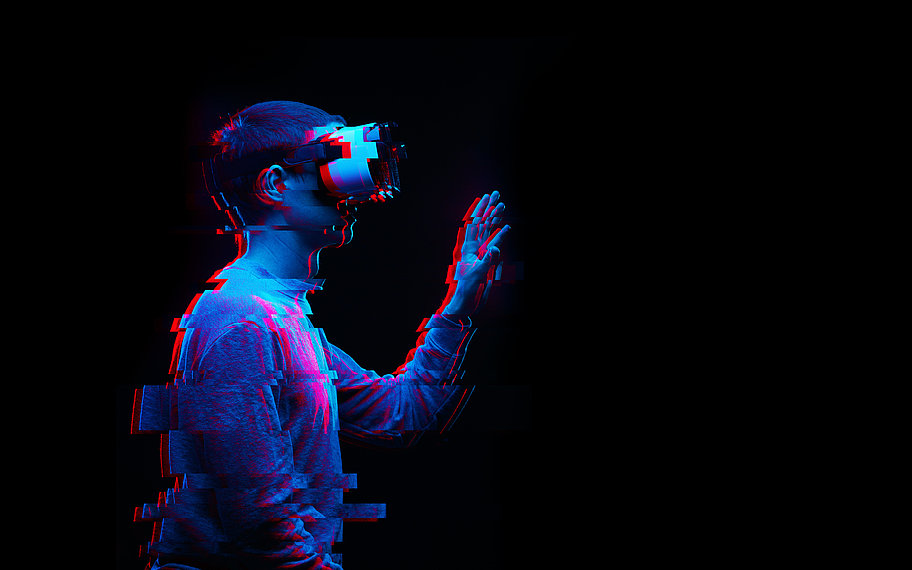
![[Translate to English:] © kegfire I stock.adobe.com [Translate to English:] © kegfire I stock.adobe.com](/fileadmin/user_upload/Innovationsfelder/VR_AR/AdobeStock_144745995.jpg)
